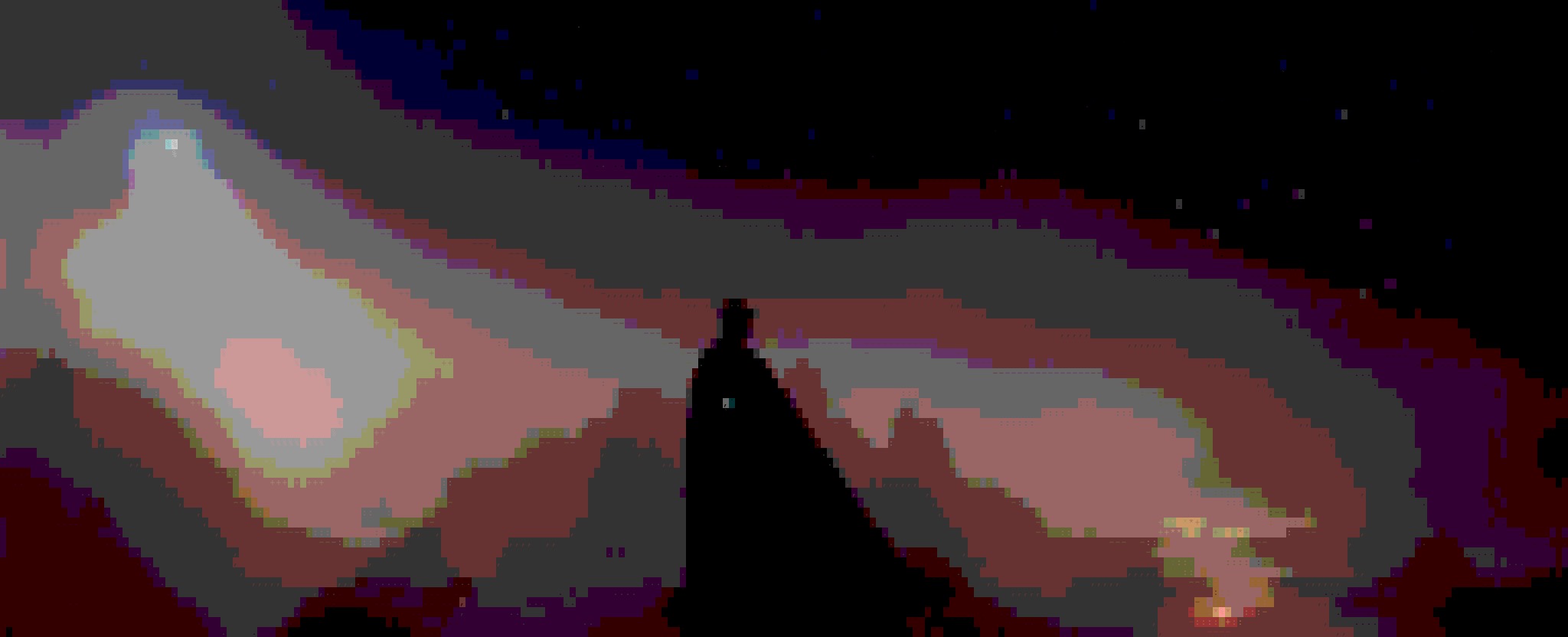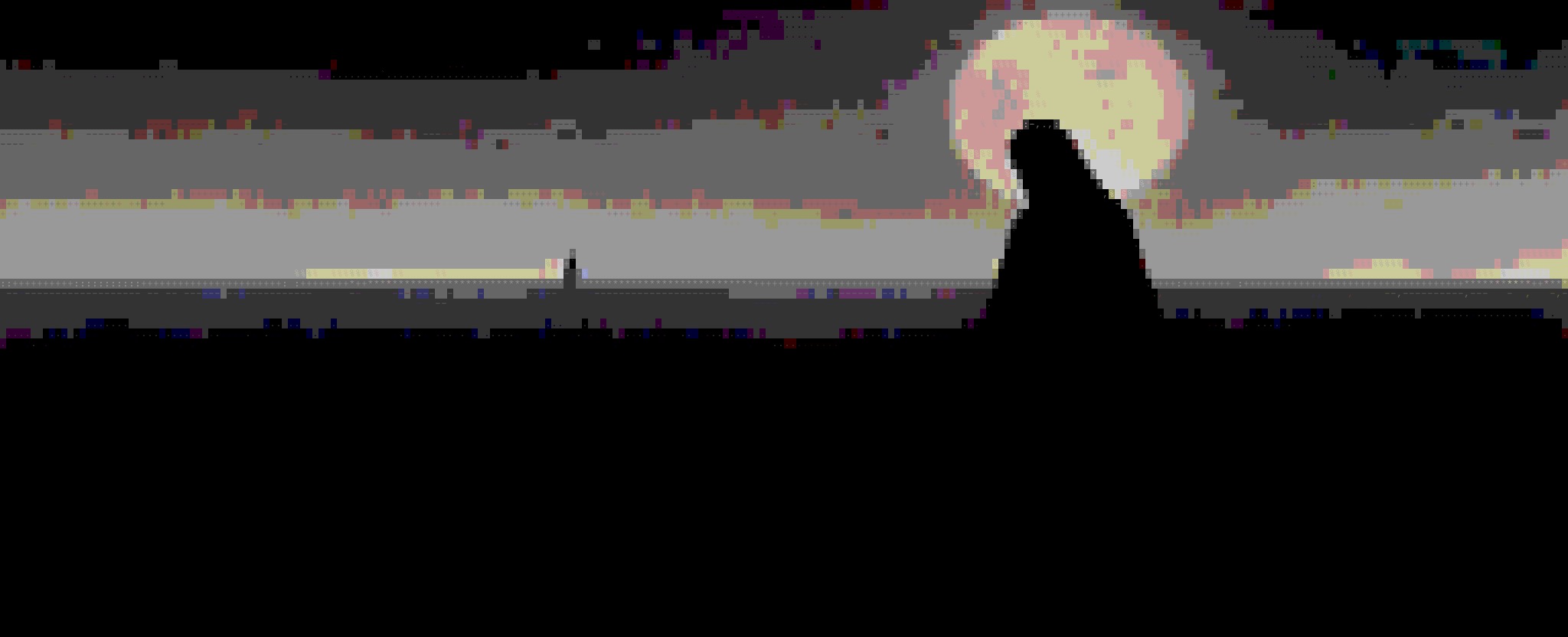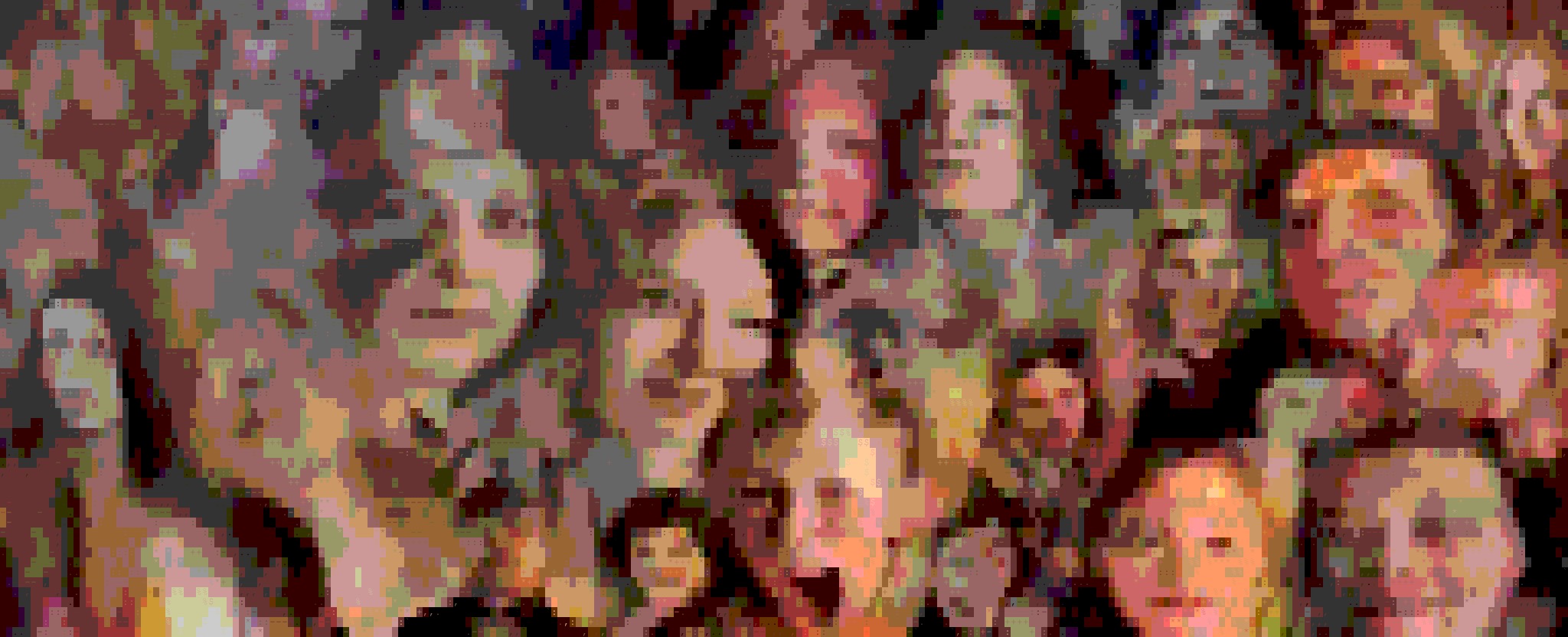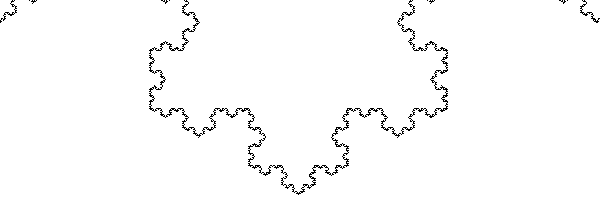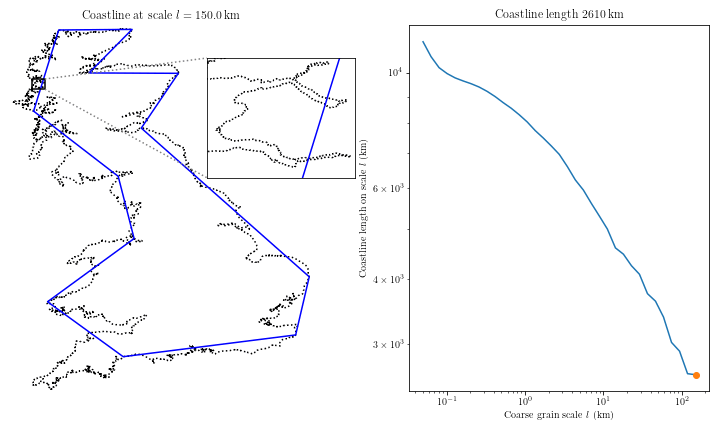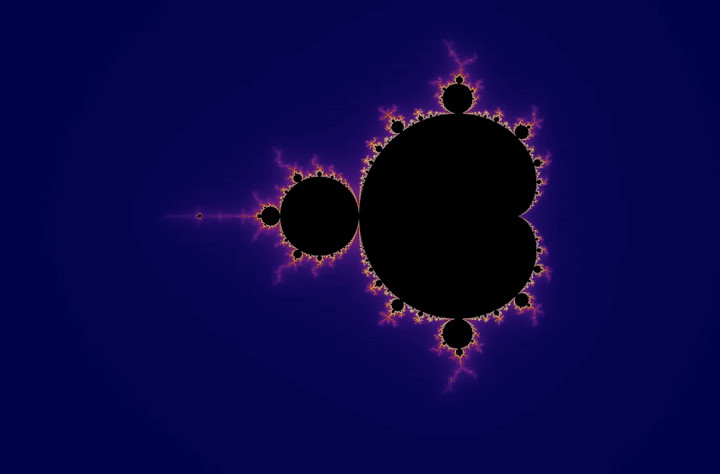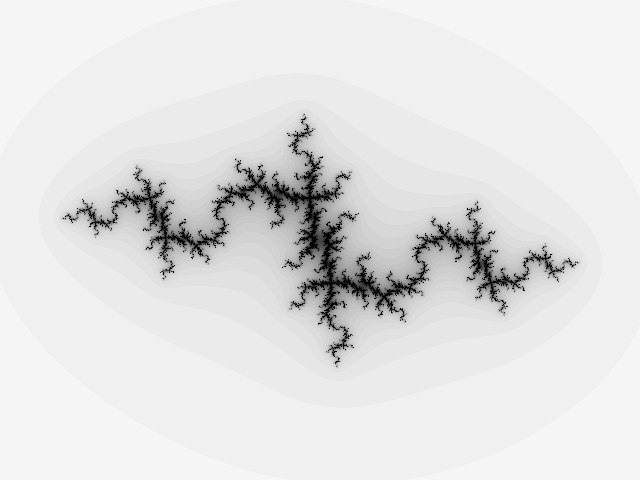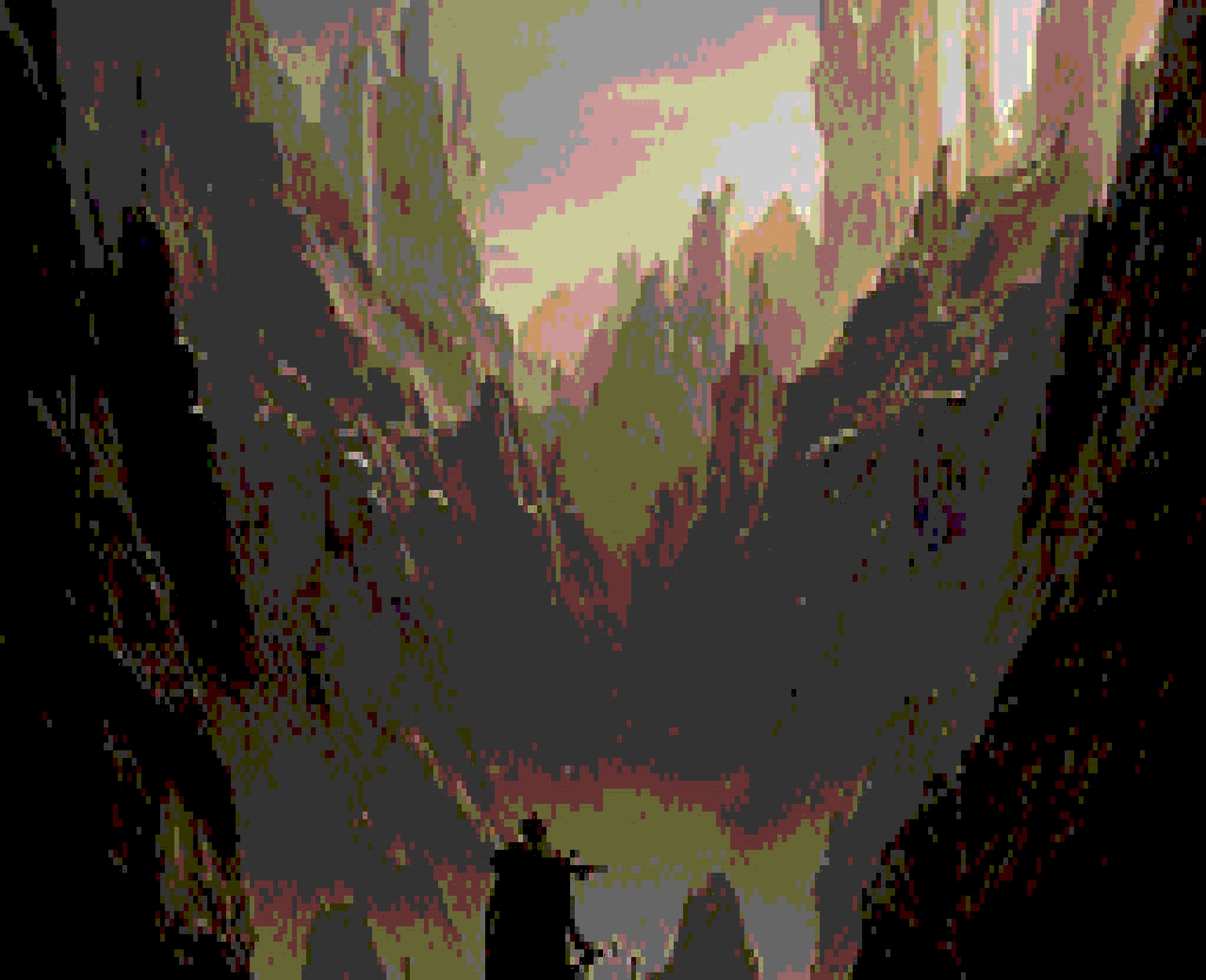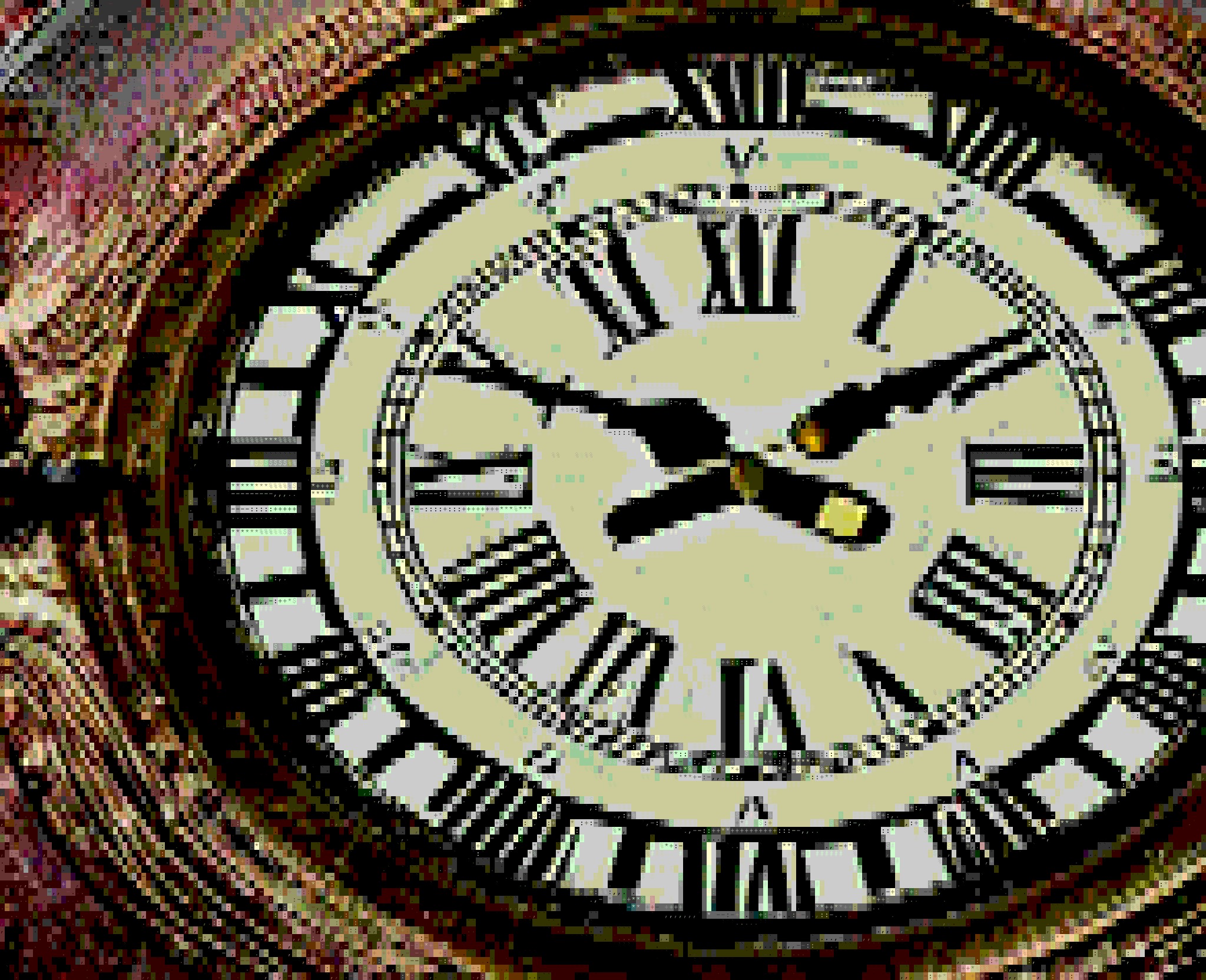There is no shallow end to the philosophical pool.
— P.F. Strawson
The correct view, I shall argue, is both the one left standing when we have seen how other views fail, and the one that answers best to these human concerns.
— Derek Parfit, Vol II On What Matters
1.
In this note I will briefly grapple with the question of what philosophy is and is not. As a part of answering this question, I will also engage with the question of why philosophical problems are so perennially perplexing. I include this because their perplexing aspect sheds light on what they are at heart. Both topics cover such a broad landscape that I can only hope to do a brief fly-over here.
2.
Standard examples of philosophical questions are "What is truth?", "What is justice?", "Is there right and wrong in the world?", "Is everything a physical thing?" I will start by claiming that looking for some strictly defined common denominator to all of these questions is a mistake. There is unlikely to be any one ingredient the inclusion of which makes a question distinctly philosophical. It might be objected that they are not immediately answerable to experience and that this is the ingredient. While this is certainly in the mix, it won't do for distinguishing the philosophical from the non-philosophical unless we want to call all kinds of questions philosophical like "What would my life have been like if I grew up in France?", "When is the best time to have children?", or "Was this actually the best move, or did I just get lucky?". While we can think of superficially experience-related answers to these questions, the chain of reasons we would justify our answers with terminates in reasons that involve values or abstract commitments. Conversely, some branches of philosophy are almost entirely comprised of confrontations with immediate experience, phenomenology, for example.
3.
There are two claims we could make about a supposed essence of philosophical discourse.
- That some discourse includes , automatically makes it philosophical. (has is philosophical)
- Having , is a necessary condition for some discourse to be philosophical. (is philosophical has )
The first seems fruitless, beyond the boundaries drawn by historical contingencies or university departments. The second it seems, can only be given a fuzzy definition:
- is philosophical probably has
There are some ingredients that seem to give us evidence that some discourse is philosophical, but it seems mostly connotational. "That question is one that philosophers tend to ask." is about all we can say on the matter with a high degree of confidence.
4.
This brings me to the claim I will defend in this note about the "essence" of philosophical discourse. I claim that there is no type of discursive move one can make that is distinctly philosophical and no type of discursive move one can make that is distinctly not philosophical. That is to say, philosophical discourse is a member of a fuzzy set, or has a family resemblance with, all other types of cognitive (truth-apt) human discourse. Science, common sense, mathematics, philosophy, explaining the rules of a game, describing how to be a better actor, choosing which lure might catch more fish this afternoon, etc are all different human discursive acts that draw pluralistically from various toolkits in order to get some job done.
5.
I am not denying that each practice listed above has probabilistically distinctive ingredients. I am denying that we have necessary and sufficient conditions for when one or the other is being done. The overwhelming majority of science involves empirical testing, but so does trying out a new recipe in the kitchen or the philosophical thought that it seems like we have free will. Science implicitly makes philosophical commitments and engages in conceptual engineering. Philosophy, when it does consult experience, frequently draws on the most basic and immediate experience, not "experiments" as we might think of them in science.
6.
Where do we get the idea that it seems like we have free will? From merely understanding a concept?
7.
If all discourse is "philosophical" (in some weak sense), because philosophical discourse shares more ingredients with other types of discourse than it has distinctly, then is all discourse "mathematical" and "scientific" as well? I think the names of these different realms of discourse do not denote something distinct that we are doing when we do them as much as they signify that types of discourse or thought belong to certain contexts. I am claiming that these different realms share much more in common than they do not.
8.
That physical systems are causally closed, that all facts are physical facts, that every event has an explanation, that parsimonious explanations are to be preferred over less parsimonious ones, that only empirically verifiable results are to be expected from respectable science, and that the true demarcation of science from non-science is falsifiability. All of these claims, should we accept any of them, are not themselves empirical claims.
9.
From a history of philosophy perspective, it is interesting that all attempts to do away with philosophy by some sweeping (usually philosophical) thesis end up with intractable problems of self-reference. The verificationist criteria is not itself verifiable. The entire Tractatus "cannot be said". Naturalists who reject metaphysics in place of physics must rely on non-naturalist principles to do so. And, more recently, radical pragmatist/post-modernist efforts to show that all claim to truth is merely a product of culture must rely on statements that seem to transcend culture to make that move (if it is to avoid being self-defeating).
10.
If methods define the discipline, then we aren't going to get much clarity. Philosophy uses "scientific methods", and science uses "philosophical methods." Of course, I am not saying that there should be papers in Nature about "Synthetic A Priori" truths or papers in Mind about microbiological experiments. We have good connotational definitions, and I don't think we need better ones than the ones we have and employ.
11.
Maybe we want to say that the philosopher when she makes deflationary a claim about a particular philosophical problem because it has gone unsolved for hundreds of years, is temporarily doing history? Is the philosopher qua historian actually doing empirical science because they are using the 'inductive method'? After all, such arguments are called 'pessimistic inductions'. Maybe the economist who implicitly excludes the possibility of strongly emergent non-physical events being the cause of some market trend is doing a bit of philosophy?
12.
I see philosophy as just mapping out the inferential relationships between concepts we commit ourselves to by virtue of understanding/mastering those concepts. Or, making new/revised concepts and exploring the relationships those new concepts bear to ones already in use. Why should that be simple? Why should even the blueprint for how to do that be simple?
13.
In any claim that we make, we are broadcasting to others what commitments we are making and what inferences can/should be drawn from what we say. This is, of course, a non-distinctive attribute of philosophical discourse.
14.
When philosophy (or any other discipline in pursuit of truth) engineers concepts, I think the goal should be understanding. Understanding of what is the case, what would be the case if , what is necessarily the case, what is possibly the case, what is probably the case, and so on for all of the modalities (or perhaps, as many philosophers have thought, only some of the modalities, the others being reducible to those).
15.
I think Strawson is correct in the opening quote to this note. So one might wonder: if Strawson is right and the philosophical pool has no shallow end, and there is nothing distinctive about the methods with which philosophy explores the implication-space of concepts we currently have (or create/modify), then why do these questions have no "shallow end"?
16.
It is uncontroversial to say, and a testable empirical claim, that philosophical problems have evaded solution and dissolution by humans for thousands of years. Why? To continue roping some current reading material in here, I will bring in several of Eric Schwitzgebel's potential answers to that question from The Weirdness of the World (he frames the issue specifically in the context of metaphysics):
Possibilities as to why metaphysical problems seem to resist easier answers:
. "Without some bizarreness, a metaphysics just wouldn't sell."
. "Metaphysics is difficult." (There is a metaphysics out there with no Bizarre implications)
. "Common sense is incoherent in matters of metaphysics."
. (Adding one which Schwitzgebel brushes aside) "Metaphysical problems are pseudo-problems that are not truth-apt."
I was once convinced by , but after feeling tensions in those ideas to be unresolvable, I now believe that some combination of and is the case. More precisely, I believe is true and is true, compounding the difficulty in .
12.
If this account is correct so far, then the discipline concerned with the connotationally philosophical problems is just one instance of the bringing-under-the-microscope of various conceptual claims and commitments that we make (implicitly or explicitly in our words and practices). Since those practices are complex and multifarious, it isn't unreasonable to expect the resulting web of commitments and entailments we get from exploring or engineering concepts in that web to be equally complex.
13.
Why are philosophical problems hard? Philosophical claims (connotationally demarcated as the questions philosophers tend to ask) involve complex constellations of commitments between concepts that share a high amount of inferential connections with others but are weakly determined by our least rejectable workaday beliefs.
14.
There is no shallow end of the pool because commitments about concepts (like knowledge or mind) have broad-reaching implications on nearly everything else we believe, but at the same time, particular commitments about those concepts are not strongly forced on us by experience or immediate necessity. Those broad-reaching implications are likely to collide with some other commitments in the common-sense picture of the world and these collisions form the many points of perennial philosophical debate. They are often collisions with our least rejectable beliefs, such as "I have free will". At the same time, since our experience can be made to fit many different philosophical views by shifting other commitments, we are rarely forced to choose one conclusion. Rather, we can spend a lot of time exploring all the various collisions with common-sense, or with other commitments we have, to find the most desirable set of concepts, commitments, and entailments. This, I believe, is simply a massive and combinatorially tremendous problem to solve.
15.
Which theory of truth you endorse is unlikely to change your views about whether it is Wednesday or whether the moon landing was faked. It might change how you view the world quite significantly, though, over time. Total conceptual inefficacy does not follow from workaday inefficacy. There is some best theory to complement our understanding, but it will play out in a vast network of other commitments.
16.
The route to understanding is like deciding the right path through something like the following decision tree:
Mock Game of Inquiry
- is something like the conceptual scheme, categories of experience, and resulting commitments that we have forced upon us by experience and our constitutions as human beings.
- Branches directly from are the various conceptual commitments we could reasonably take from that "starting point".
- Downstream (outward) nodes are the commitments entailed by those choices.
- Downstream (outward) branches are the subsequent conceptual decisions we can make as a result of those upstream commitments.
- Every decision path is reversible (we disavow certain commitments and undertake others)
- Taking one path is committing to a claim ("All things are physical things") or to a rule that defines a concept (e.g. to "be a pentagon is to be a plane figure with five straight sides and five angles" or to "having free will is to be an unmoved mover")
- We can turn back on commitments, rationally, for many reasons:
- Recalcitrant experience
- Conceptual inconsistency
- Contradiction
- Parsimony, to name only a few...
Ideal understanding would be achieved in this mock world when all commitments that is taken to entail are handled in such a way that makes the least collisions, internal contradictions, and inconsistencies. This may include any subset of the various possible branches that can carry us to some Peircian ideal. In the final understanding, we are left with the commitments that are, as Parfit says, the ones "left standing when we have seen how other views fail, and the ones that answer best to these human concerns" and which are, in the Peircian sense, subjunctively to be agreed upon by robust inquiry.
We must "test" each route to the periphery from by exploring the implications of each conceptual decision and seeing whether it collides with any upstream commitments or is rejectable for any of the above reasons. In the connotationally philosophical problems, few of the major choices are impacted by experience forcibly, and there is little cost to reversing our choices. We can expect this endeavor to understand to converge on truth only very slowly.
This may seem like a foundationalist picture, but it is not intended to be. is merely something less assailable (maybe by many magnitudes) than outer nodes and should probably be represented by a cluster of nodes. In reality, things are far more complex and the web of commitments is far larger and more labyrinthian. It is likely something more like a fractal version of this diagram where each node has in itself a vast depth of self-similar structure.
17.
This picture has problems, clearly. I would not fully endorse it as an adequate picture of understanding. It is only meant to capture the nature of inquiry based on how claims entail other claims and how a structure of beliefs that is revisable, has much more up for revision the farther we get from -like beliefs.
18.
Those familiar with Quine's Web of Belief, might find the seeming inversion of the structure here confusing. Quine placed the more "revisable and "closer" to experience beliefs at the web's periphery. My little picture here is not a "web" but rather a node network of decision trees. I am representing something like the following. One could imagine each arm extending from as representing a realm of understanding. If it were the branch concerning metaethics, it might look like this:
And so one can imagine a branch for ethics, physics, aesthetics, philosophy of mind, cosmology, mathematics, and so on.
19.
Under this view, expecting to solve major philosophical problems with ease would be as unlikely as solving any other combinatorial explosive problem to complete satisfaction. Consider just how combinatorially explosive things can become. Are there more moves in the real game of inquiry, than in the game of chess (which has a game-tree complexity of about )? The problem is worse for several reasons:
- In chess, our making or not making certain moves does not entail much about any other moment of our lives or the lives of others. In the game of inquiry, our moves very much do.
- Individual moves/decisions in the game of inquiry are much less certain. How sure are we really that Non-Cognitivism is true? Might we not have to, over the course of many thinker's lives, work out lots of that decision tree's branches to be sure which account is the best "one left standing when we have seen how other views fail, and that answers best to human concerns"?
- In our incredibly simplified mock game of inquiry, there are no cross-discipline commitments. Nothing in the "epistemology" tree can collide or enforce anything in the "metaphysics", "metaethics", or "physics" tree. Surely this is not the case in human thought. Realistically, it probably looks like a much more chaotic version of this:
Mock Game of Inquiry (with cross-discipline commitments)
20.
Consider what it is to "bite the bullet" in this mock game of inquiry. We take an upstream commitment that seems dubious to avoid the net more dubious downstream commitments of another branch.
21.
The above is a faint sketch which could doubtless be filled in with much greater detail. For now I think it suffices to capture how I view philosophy, in a broad sense. I believe this sketch has strong merits. First, it allows us to explain why philosophical problems are truth apt without invoking empirically dubious differences between the different truth-apt human discursive practices and without appeals to weird mental faculties of platonic intuition. Second, it shows us why philosophical problems are expected to be very complex to solve. They are conceptually far-reaching, yet weakly determined by small portions of the decision tree in the game of inquiry. So, most of the time, experimentation cannot be expected to close the case.
22.
These difficulties, however, do not make the solutions to philosophical problems any less truth-apt. To throw in the towel early is a sign of hubris. It is to mistake complexity for an illusion or a impassible barrier. Claims are best deemed not to be truth-apt, non-cognitive, when there is no conceivable grounds for their being considered true or false. This may apply to some philosophical problems. But conceivability is not possibility and, as I have argued, conceptual revision does take place. Even for the most intractable nonsense-seeming philosophical problems we have ever heard, we cannot responsibly say that no good sense could ever be given to the words. Obviously, though, there are better and worst problems to spend one's time on.
